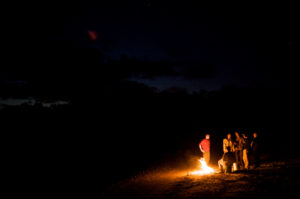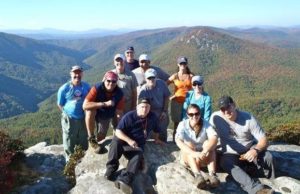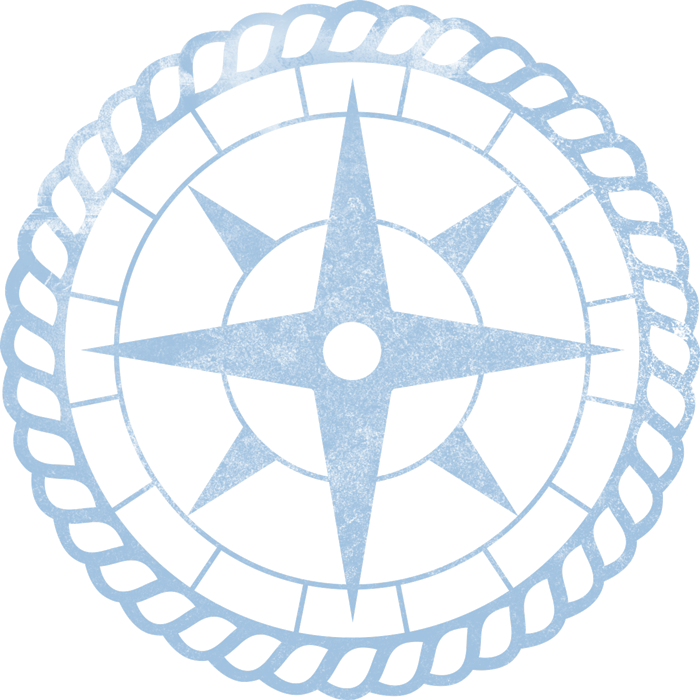
By Alumna Val Leeper, Professionals Program, 2016
I’m not completely sure how any of us thinks we actually know something. How we definitively have it in our pocket. And that isn’t a cynical statement any more than it’s the first sentence of a thesis about existentialism. It’s just a thought.
We live in a protean, murky, frustrating and exhilarating universe. It’s inspiring, that search to know but it gets harder as the world gets flatter with global viewpoints, histories and agendas. I’m a fan, by the way, of this synthesis of cultures. Surely it can make us better. We’re better when we band together, help each other solve problems with economies of scale and good will. But it’s an uphill battle. The more we need to know, the more there is to know. So every day I get up with the search ahead of me knowing that some percentage of that search will be for parking.
My father worked for the U.S. Forest Service (in NC and VA) for nearly 35 years. He’d found his love of nature and the mountains even before he left his deeply southern Mississippi roots, when visiting the North Carolina mountains years ago with some college friends. That weekend opened his eyes and allowed him to see the world in a whole new way.
Fifty years later, he still talks about his first real ventures into the woods with reverence. I, on the other hand, grew up in North Carolina, so one would assume that almost by default, I should have some understanding of the outdoors. The difference between an oak leaf and a poplar leaf; how to identify poison ivy and poison sumac; how to combine kindling, wood, oxygen (and patience) in order to get a fire going; how, from a ridge line (once you’ve marched either purposefully or angrily UP) to know the four directions and the best place to begin a search for a water source.
I knew only some of that and now I know a little more. What I do know came from conversations, in the outdoors, with my dad.
I had my Outward Bound experience when I was 42-years-old as part of a adult professionals group, and ours was a motley crew. I loved them all. From the hip-hop club bouncer from Philly (I’m not making this up), to the executive at Price Waterhouse Coopers, the self-made man, and the 20-year-old who wanted to join the NCOBS staff, we all tramped around, mapped the day’s course, loaned each other items, ate, slept and crapped in the same vicinity for four days. It was wonderful.
We awoke (actually, we were roused by friendly, but persistent Outward Bound instructors) every morning around 5:30am to begin a day of orienteering and self-discovery. We practiced decision-making, challenged long-held points of view through exercises on course and most importantly, we talked. There was time for silence and turning inward, which I relished, but there was also a lot of chatter.
It was this chatter – from fixing broken boots, to late night goofing around a fire – that was the thing. There were these amazing informal Q&As and story-telling that happened just by being on the same trail and breathing the same air. We related to each other even when it was a stretch to do so. And it was the conversation that got us to a place of co-existence and familiarity with each other. We didn’t’t solve a single global problem on the trip, but I absolutely knew that we could accept each other and work together. If someone had appeared out of nowhere to inform us that we’d need to stay out on course for 10 more days, I believe we could have done it because we’d walked and talked through each day we’d shared.

That was what I learned more than anything on my Outward Bound expedition. The silence was important, but the conversations made me grow.
I am friends – on social media and otherwise – with just about every single person who was on that trip, and we don’t even share similar socio-economics, political views, life goals or skill sets. But we talked and worked and ate and cracked up together, and it stands as one of my top five best experiences in life. Ask me in 10 years, and I’m certain I’ll say the same thing. To wander – randomly or purposefully as we did with NCOBS – is to talk through it. Sometimes you use 50 words, sometimes you use two.
So go. Go because you need a break from work. Go because you want to unplug. Go because you’ve never spent the night in the woods, or because it makes you nervous. Go because you used to love the outdoors as a kid or because you lost some part of you and might find it again. Go because you want to talk or stop talking. But GO! You don’t have to be anything other than who you are right this minute. You won’t enter the woods a Woody Allen and leave a John Muir, but one can dream.



This experience served as a reminder of how powerful simple human interactions can be when surrounded by beauty and serenity like that of the woods.